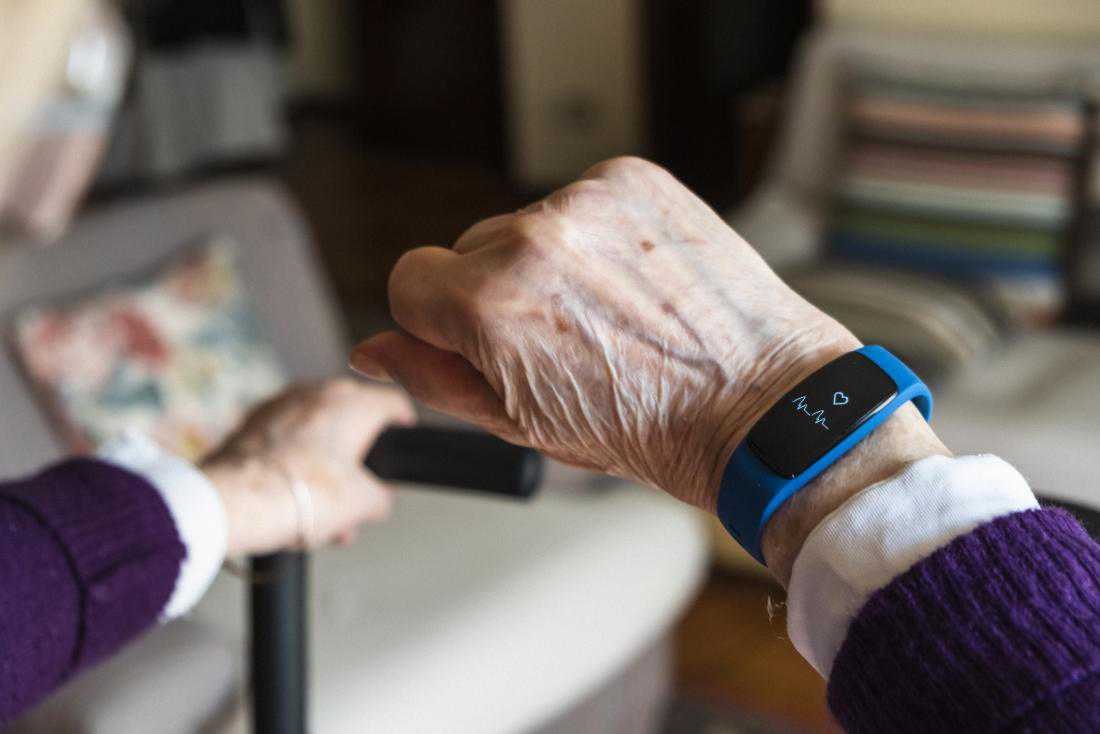How 'exergaming' can help people with Parkinson's
23 September, 2019

Exercise is important for helping people with Parkinson's disease achieve better balance and mobility, but it can be hard to keep it up. A Dutch study has yielded positive results with a novel home exercise computer gaming program.
For people with Parkinson's disease, exercise is key to good health.
The Parkinson's Outcomes Project, which is a 10 year study of 12,000 people in five countries, found that starting exercise as early as possible following diagnosis and doing at least 2.5 hours per week can slow the condition's progress.
However, which exercise is best?
Access, cost, commitment, and self-consciousness can all prove challenging to the nearly 1 million people with Parkinson's in the United States.
The Parkinson's Foundation advise stretching, along with exercises that are aerobic, strengthening, and enjoyable.
Enter the Park-in-Shape study in bicycle loving Holland. This large study, which now appears in The Lancet Neurology, used motivational apps to get people with Parkinson's moving.
One control group did stretching exercises, while the other used stationary bikes at home. The latter group showed a significant improvement in motor ability — comparable with that achieved by several conventional Parkinson's drugs.
"We conducted the study for several reasons," Nicolien van der Kolk — a Ph.D student at Radboud University Medical Center in Nijmegen, the Netherlands — explained to Medical News Today.
"Previous exercise research in people showed the beneficial effect of targeted training on improving skills, for example, walking training improved walking speed, however, it was unknown whether it could also improve symptoms that were not directly trained.
"Animal research suggested an important role for aerobic exercise in influencing [Parkinson's]. We, therefore, wanted to see what the effect of aerobic exercise was on [Parkinson's] symptoms that were not directly trained with the exercise."
The bike group, who had to cycle for 30–45 minutes three times per week for 6 months, received exercise bikes with screens and games designed to rouse their enthusiasm and motivate them to improve.
For example, they could race themselves, battling to the finish against the "ghost rider" of their previous effort, or they could take on a group of other riders — all in the comfort of their own homes.
The system, which monitored the participants' heart rate and upped the ante accordingly, became tougher as they got fitter.
